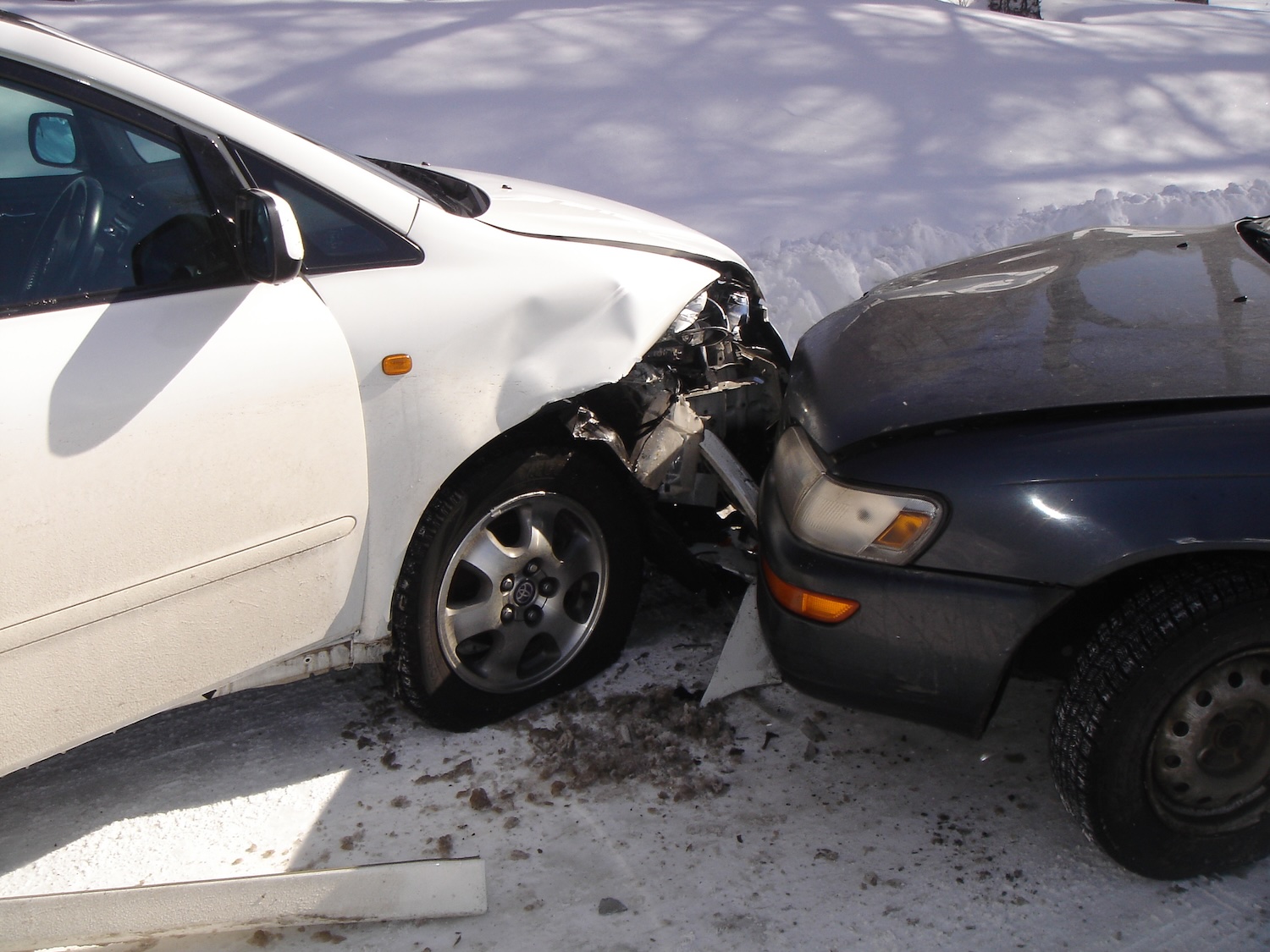Driving in Japan as a foreigner comes with challenges — unfamiliar traffic tickets, driving on the left and language barriers. Recently, more tourists have been involved in car crashes, often due to misreading road signs or misjudging road conditions. Japan also has the highest elderly driving population in the world, leading to a high number of accidents among drivers over 65. So, what should you do if you get into a car accident in Japan? This guide walks you through the steps, from handling the immediate aftermath to dealing with legal and insurance matters, especially if you’re at fault.
- What to Do After a Minor Accident
- What to Do Immediately After a Serious Accident
- After the Accident: Legal Steps and Follow-Up
- What Happens If I Get Into a Bicycle Accident?
- Foreigners’ Car Insurance and Accident Handling
What to Do After a Minor Accident
If the accident is minor—meaning no injuries and only minor vehicle damage—follow these steps:
Move Your Vehicle to a Safe Place
- Turn on your hazard lights.
- Move to the side of the road or a safe location if possible.
Call the Police (Dial 110)
- Reporting even minor accidents is legally required in Japan.
- If the other party refuses to share information or disputes fault, involving the police ensures an official record.
Exchange Information
- Swap details with the other driver, including:
- Name, address, and phone number
- Driver’s license number
- Vehicle license plate number
- Insurance provider and policy number
- If there are witnesses, try to get their contact information.
Take Photos and Document the Scene
- Capture vehicle damage, the accident location, and any relevant road signs or signals.
- Note the date, time, and weather conditions.
Contact Your Insurance or Rental Car Company
- Report the accident and follow their instructions.
- If you’re in a rental car, inform the rental company immediately.
What to Do Immediately After a Serious Accident

Preventing secondary accidents is the top priority. According to Article 72 of the Road Traffic Act, drivers involved in an accident must stop their vehicle, assist the injured and take measures to prevent further hazards.
1. Move Your Vehicle to a Safe Place
If an accident occurs on a highway, the Japan Automobile Federation (JAF) recommends the following:
- Turn on your hazard lights.
- Park on a wide shoulder or roadside if possible.
- If there is no safe space, move the vehicle as far away from traffic as possible.
On general roads, the principle remains the same: after stopping your car, do not stay inside—move to a safe location.
2. Call the Police (Dial 110)
Click here to read more.
- External Link
- https://gaijinpot.com/















1 Comment
Login to comment
Desert Tortoise
Use a dash cam. Bring one with you if you are going to rent a car while on vacation. It will put an end to the he-said, she-said nonsense.